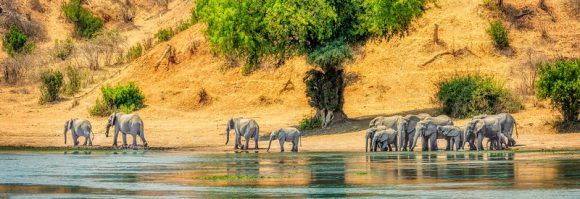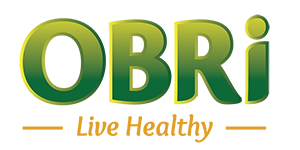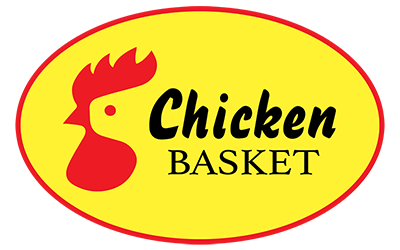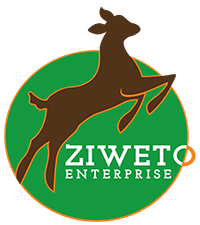
Most early-stage and growth-stage startup investors focus on valuation, and the question of whether the investee’s valuation can grow by an order of magnitude or more in the next decade. At Africa Eats, we do look at that, but we focus even more on how efficient our investees are with the money we provide them. How efficient is their use of capital? Specifically, we compute a simple ratio...









